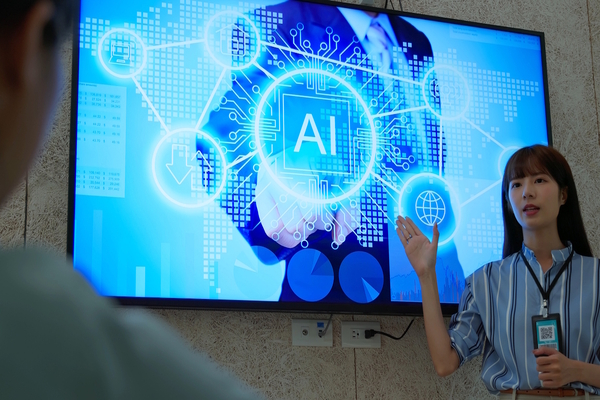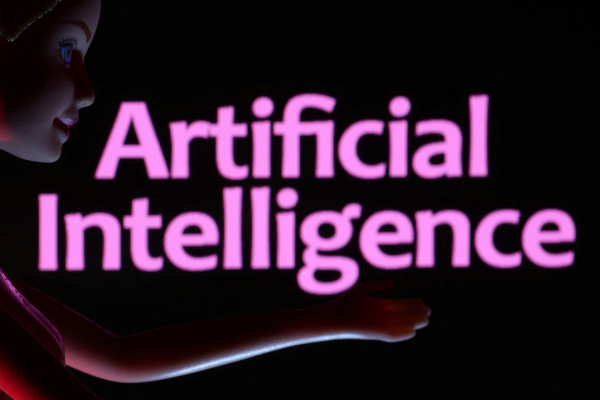What does automation mean for you?

Nikesh Mistry, Sector Head, Industrial Automation, GAMBICA
The word “automation” can be interpreted in many different ways. Back in the 1970s, when computer-aided manufacturing was developing, the invention of computer-numerical control (CNC) was considered a revolution in terms of automation.
It’s easy to forget how many of our everyday processes derived from a manual method, yet 50 years later the marvels of automation are all around us. Even a clock is just an automated version of a sundial.
However, when the clock became the most common timepiece, this didn’t render sundial makers jobless. It meant that those who previously spent their time making sundials could now enhance their skill and learn how to make a clock while using the valuable experience they’d already gained through working within the time-telling industry. It is important to accentuate the opportunity that modern automation is providing us with.
Just because machines are growing smarter and more intelligent doesn’t take anything from human potential. It means the workforce of the future needs to be trained to control these smarter machines. Design and technology lessons only became part of the national curriculum once a requirement for jobs in the field had emerged. Suppose how to defend against cyber-attacks was part of the curriculum – or potentially, instead of learning an international language, there is an option to learn a machine language – wouldn’t it begin to shape our future workforce from a younger age? Our current workforce has developed the necessary skills through what they learn at an early age, and if future generations are taught how to coexist with automation from a young age, naturally more jobs will be created. Essentially this is modelling the growth potential of our future industry as opposed to cutting costs through replacing the workforce.
Automation is the technique of making an apparatus, a particular system or a process, operate without interference or automatically. It’s much more than simply using robots to do everything. Whenever I’ve mentioned the word automation, I get a very different response depending on who I’m speaking to. Or more accurately, on what automation means to them. Automation is often present in their lives, but there is an underlying fear that it may take over.
While automation may improve the efficiency of processes we are used to, there are many other areas in which human skill is irreplaceable and this must not be forgotten. Automation will of course replace somewhat tedious tasks but won’t necessarily replace complete job profiles. And while the debate stands as to whether great managers are made or born, I’m sure many would agree a robot can’t replace a good manager. A robot lacks empathy, social intelligence and the ability to be creative so it’s not possible to substitute one in jobs which require the use of these skills. This is merely one example where automation should assist, not replace.
Indeed, in industrial automation there are jobs which robots are able to do more repeatably than humans, and for longer – but there is also a whole skillset which robots are not able to reach. Robots are able to learn – however, they lack the ingenuity and experience that humans have gained in the past.
As we digress into a world where connectivity and digital devices are beginning to be commonplace, it is important to remember that it is because we are able to adapt to these variations of understanding of one word, that we are not going to “be replaced by a robot”. Humans have the unrivalled ability to innovate, and while artificial intelligence is enabling machines to “learn”, it doesn’t permit the ability to create using imagination – an unparalleled skill.
If you would like to share your opinions with like-minded people as to how the digitalised world is evolving then enquire with us at www.gambica.org.uk.
Follow Nikesh Mistry on Twitter and LinkedIn here. Image provided by GAMBICA

Business Reporter Team
Most Viewed
Winston House, 3rd Floor, Units 306-309, 2-4 Dollis Park, London, N3 1HF
23-29 Hendon Lane, London, N3 1RT
020 8349 4363
© 2025, Lyonsdown Limited. Business Reporter® is a registered trademark of Lyonsdown Ltd. VAT registration number: 830519543





